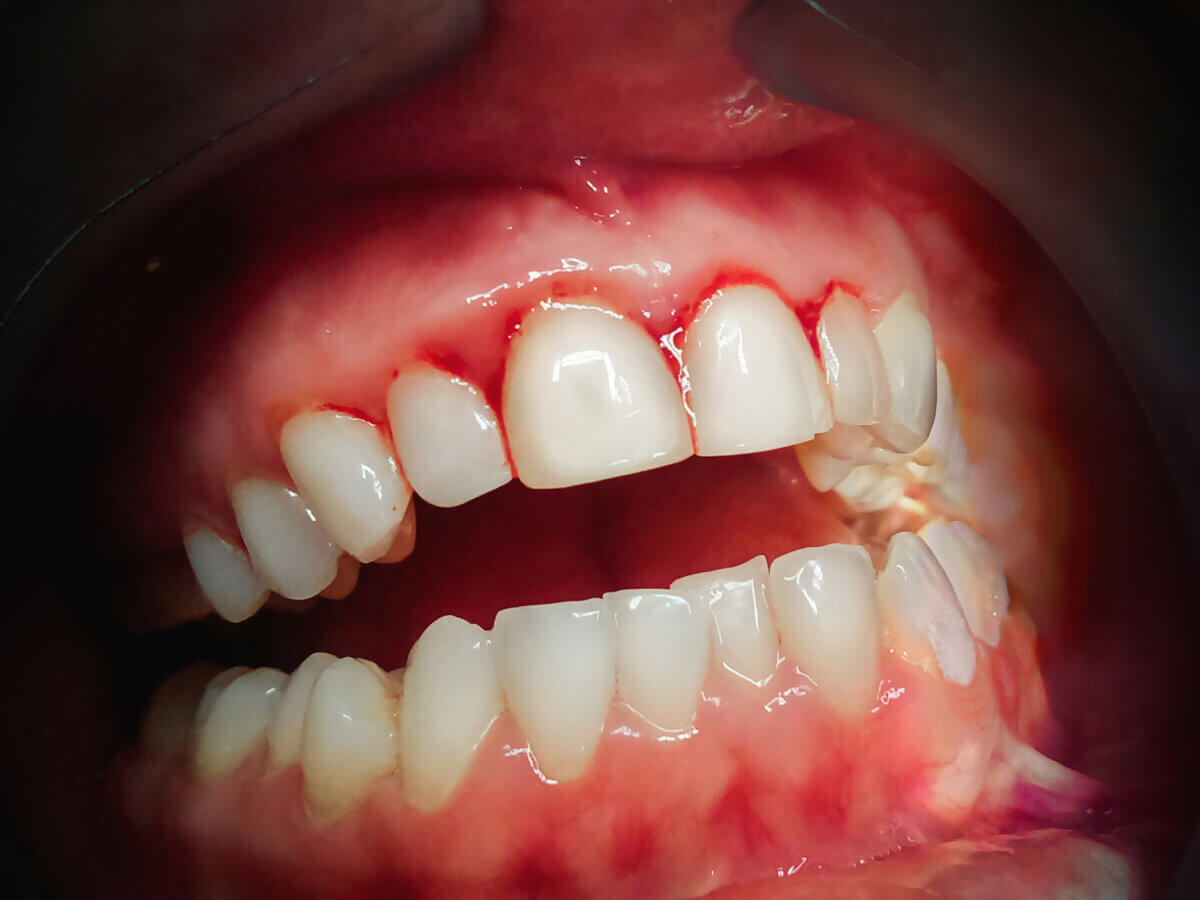Blog
Dental hygiene tips for healthy teeth & gums

How Can I Heal My Inflamed Gums?
It can be very painful and frustrating to deal with inflamed gums. The tenderness and swelling of your mouth can make everyday activities such as eating and smiling very painful.
From a minor irritation to a serious condition, inflamed gums can pose a threat to your oral health. There are various reasons for inflammation and swelling in the mouth. But one of the biggest reasons is gingivitis.
It is possible for swollen gums and inflammation to be caused by factors other than gingivitis, including hormone changes, nutrient deficiencies, and infections. This condition is also called gingival swelling and often causes irritation sensitivity or pain in the mouth.
If you are suffering from inflammation for quite some time then you must want to know how you can get rid of it. So, to give you more insightful information on the same, keep on reading!
Why you have inflamed gums: Overview
It is important to understand what is causing the inflammation of your gums in the first place if you want to soothe it. The causes of inflammation include harsh brushing habits, malnutrition, gum disease, and improperly fitting dentures or orthodontic devices.
Inflammation of the gums will cause tenderness around the teeth and can cause swelling and bleeding. It can also appear to be deeper red in color when inflamed.
Getting to the bottom of the cause of gum inflammation may require a visit to your dentist. You can discuss your gum issue with your dentist, and he or she will help you determine what course of action you should take to treat it.
Nevertheless, you can take certain steps to reduce gum inflammation before seeing your dentist.
How to heal your inflamed gums?
Here are some ways in which you can cure your inflamed gums:
- Seek medical attention: Inflammation in gums should be seen by a dentist if they have lasted more than 2 weeks. The dentist will ask you when you first noticed the symptoms and how often they occur. Your dentist may also suggest that checking for bone loss may require X-rays of the entire mouth.
- Use salt water: Salt water is a great way of calming inflammation and swelling in the gums. By drinking salt water, you are stimulating saliva production, which weakens bacteria that cause such dental disease. In addition, you can also gargle several times per day with a warm salt water mixture if you have inflammation.
- Do not consume alcohol and other irritants: Avoiding irritants, including alcohol, strong mouthwashes, and tobacco is very important if you want to keep your gum and enamel healthy. You can, however, use an antibacterial mouthwash to help keep your mouth free of harmful bacteria.
- Hot compress: To reduce mouth pain, apply a warm compress to your face. Swelling can also be reduced with a cold compress.
Additionally, poor nutrition causes an inflamed mouth, so make sure you eat a healthier diet and include more vitamin C in your diet. Vitamin C supplements may also be of benefit to you.
Your gum health can be improved by improving your nutrition.
It is important to consider pain-relieving options when treating inflamed gums and preventing them from returning.
There are various steps and precautionary measures that you can follow to get rid of the inflammation in your mouth but before trying out anything or making any change in your diet you must consult your dental health care provider.
It is vital to do so because everyone’s condition and causes of inflammation are different so your dentist can help you give a better idea of what will work to soothe the pain in the irritated gums.


